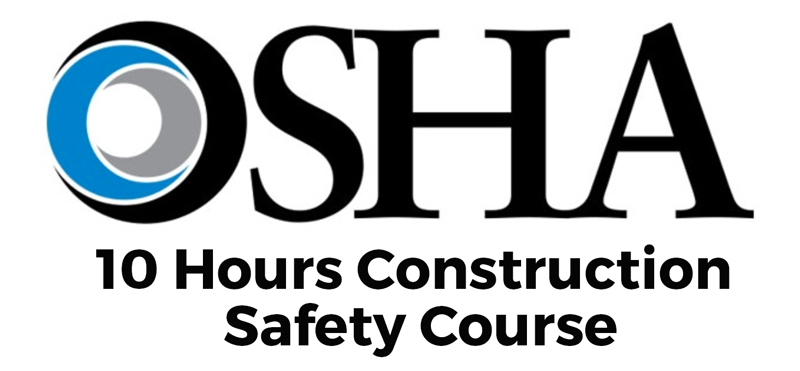Effective December 1, 2017, the New York State Insurance Fund will standardize the due dates of policyholder premium payments, impose a late payment fee if premium is not paid when due, and shorten the time frame for placement in nonpayment cancellation.
Important Information
- Late fees will only be charged on active policies.
- Payments received after the due date are considered late.
- Partial payments will not prevent a cancellation notice from being issued. The full past due amount and any new monthly charges must be paid to avoid cancellation.
- WC policyholders will incur a $30 late payment fee; DB policyholders will incur a $10 late payment fee.
Premium Payment Due Dates
Will now be 20 days from the policy anniversary date. For example, if a policy anniversary date is on the fifth of the month, new charges will be due by the 25th of each month. If payment is not received by the due date, Workers’ Compensation (WC) policyholders will incur a $30 late payment fee; Disability Benefits (DB) policyholders will incur a $10 late payment fee.
Past Due Premium Payment Due Dates
Policyholders who fail to make payment in full by the due date will receive their next installment bill, which will include the past due amount, applicable late fees, and any new charges. Payment in full within 13 days is required. If the amount due remains unpaid, NYSIF will issue a nonpayment cancellation notice. The policy will be cancelled 16 days later if NYSIF does not receive payment in full.
REASON: the purpose of these billing changes is to align NYSIF with industry practices, standardize premium payment due dates and ensure timely payment of premium. Please note that the following changes apply to both Workers’ Compensation (WC) Insurance premium payments and Disability Benefits (DB) Insurance premium.

